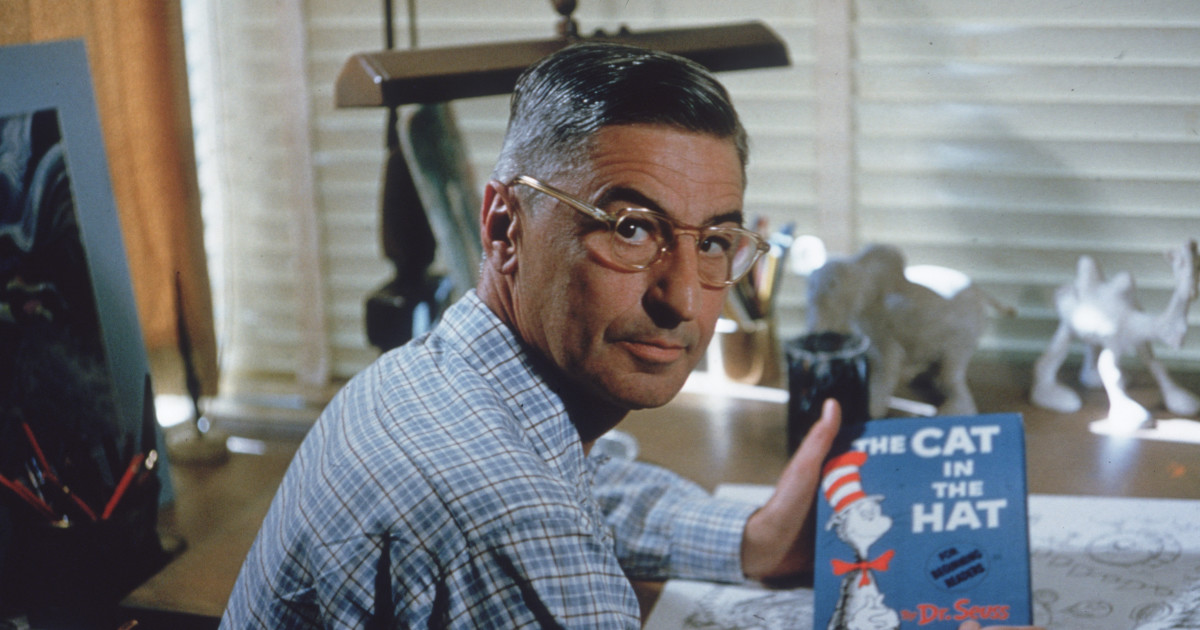Copyright Caledonia Courier

With the 40th anniversary of the old-growth forests roadblock on Haida passing recently, a film recognizing the Haida people’s efforts has come back into the spotlight. Christopher Auchter’s documentary The Stand uses archival footage and animation to take viewers through the 1985 logging conflict on Lyell Island between the B.C. federal government and the Haida Nation. Oct. 30 marked 40 years since the blockade took place. The Stand was Auchter’s first feature-length film and is entirely drawn from more than 100 hours of archival footage, without any present-day interviews, providing a unique, firsthand view into the resistance that sparked nationwide interest and conversation surrounding land, environment and sovereignty. Auchter grew up on Haida Gwaii in a family of loggers and fishermen, and recognizes the importance of old-growth to the Haida, as they rely on big cedar and spruce for building canoes and totem poles, as well as fruit and bark. “It’s that connection to the forest—our culture is all rooted there,” he said The film contrasts the two sides of the protest, with the Haida people’s battle on the blockades and in court on one side, and the loggers, government and media on the other. The RCMP arrested 72 Haida protesters during the blockade, but their efforts eventually resulted in the preservation of the forests, including old Sitka spruce, cedar and hemlock trees. The region also became a Haida heritage site. Aside from the protests, the film also highlights the Haida people as a whole, through candid conversations with youth and Elders, and a song performed by the community. “This will give a unique perspective into what it is to be Haida and how we interact with each other,” he said. “I think there’s a lot of gentleness throughout this film. And I think that might be surprising.” Auchter said he hopes those who watch the film recognize and understand the gentleness of the old-growth protest. “I hope it’s that understanding that to have your voice heard, it doesn’t have to be through violence, and that’s with all parties included,” he said. “I hope that resonates, and I hope that people can see that we don’t have to turn to fists and weapons to make a point.” The protest ultimately led to a historic agreement between the federal government and Haida Nation, which recognized Indigenous title over the archipelago of Haida Gwaii off B.C.’s northern coast. The Stand was produced and distributed by the National Film Board of Canada (NFB) and is now streaming for free on nfb.ca.



